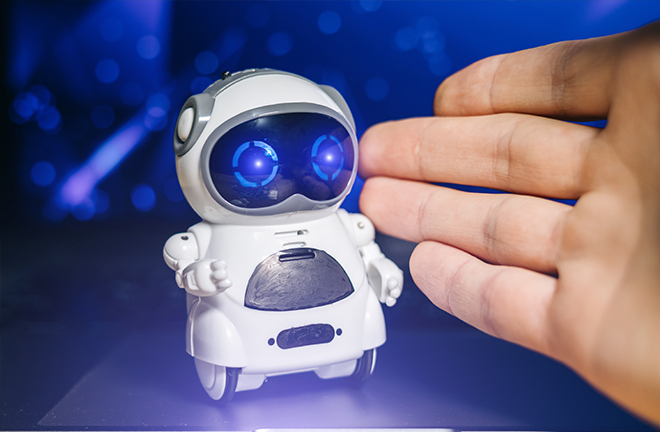Humanistic spirit guides science education

Integrating the humanities and the natrual sciences is a great task. Photo: TUCHONG
Traditional science education often sets the humanities against the natural sciences, associating the former with humans and the latter with nature. This dichotomy leads to each field operating in isolation. Essentially, science education without humanistic guidance is blind, and humanities education without scientific guidance is superficial. Therefore, the key to reforming science education lies in breaking down this dichotomy, reorganizing curricula, and organically integrating sciences with history, economics, literature, art, ethics, politics, etc.. This holistic approach presents students with a complete and comprehensive view of the human world, helping them form scientific beliefs and faith, liberating their emotions and imagination, and cultivating their sense of social responsibility and empathy.
Integrating sciences & humanities
For a long time, science education and humanities education have been viewed as opposing fields. Science courses are typically associated with knowledge and skills, while humanities courses are usually related to emotions and attitudes. Practice has shown that the opposition between science and humanities in the field of education has caused significant harm. The scientific knowledge that students acquire is often too specialized and difficult to apply in daily life. The humanistic spirit can and must play an important role in guiding the development of students’ scientific literacy. Without directions, purposes and values provided by the humanities, science education risks going astray.
Taken as a whole, scientific literacy entails not only mastery of scientific principles and concepts but also understanding the essence of science and its relationship with society and humanity. In isolated science education, the knowledge students acquire often fails to deepen their understanding of the significance of science or enhance their awareness of social issues and humanistic concerns. This type of science education resembles efficient machine production rather than genuine human education. Fundamentally, science education should promote the formation of scientific thinking habits, leading students to become more rational, objective, fair, open-minded, and inclusive. It should encourage a cautious, skeptical, and critical attitude towards any idea, while pursuing truth, goodness, and beauty, and aspiring towards the pursuit of things that are good and beautiful.
As for the content, to address the dichtomy between science and the humanities, it is essential to organically integrate humanistic attitudes, emotions, empathy, imagination, a sense of responsibility, and mission into science education, making them inherent components of science education. In terms of pedagogy, scientific knowledge should be re-contextualized within the human experience. By incorporating scientific knowledge and skills into social life, educators can help students understand the value and significance of science in history, society, arts, ethics, and other domains. It is necessary to construct a practical bridge between scientific literacy and humanistic spirit so the two can complement and reinforce each other.
Science education should be guided by humanistic spirit to achieve a humanistic scientific literacy. Science and humanities are not two distinct entities, but a unified duality. They are deeply interconnected, mutually beneficial, and complementary.
Fine traditional Chinese culture
Reforming science education requires changing the state of division between science and humanities, eliminating their artificial opposition. This involves integrating beliefs and faith, emotions and imagination, responsibility and compassion, and other humanistic values into scientific literacy, so they mutually reinforce and complement each other. In response, science education can be reorganized by integrating science with such disciplines as history, economics, literature, art, ethics, and politics in an organic way, fully exploiting the content of truth, goodness, and beauty in science, and presenting students with a complete and comprehensive world of humans. In the era of deep technological advancement, the way to rationalize, humanize, ethicalize, and responsibly apply scientific achievements is significant. In this regard, fine traditional Chinese culture will play a significant and brilliant role.
Tao Qing is a professor from the Teachers College at Zhejiang Ocean University.
Edited by ZHAO YUAN

 PRINT
PRINT CLOSE
CLOSE